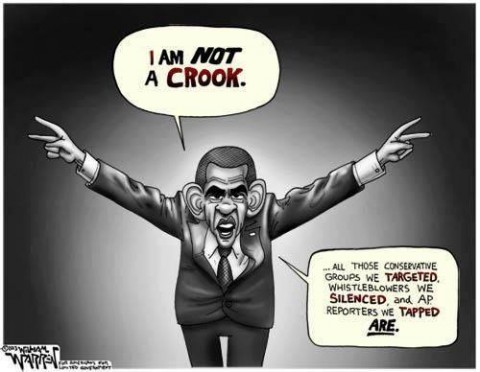This was the piece I alluded to in my odds and ends post that was promoted. As you’ll see, it’s more than a few paragraphs’ worth of thought.
A few weeks ago I was reminded of something by a familiar group, the Alliance for American Manufacturing. Their missive that day was that China was about to celebrate the 20th anniversary of its ascension into the World Trade Organization, and needless to say AAM didn’t see it as an occasion worth celebrating. Quoting their longtime President Scott Paul:
It’s pat nowadays to point out how badly America’s political elites got China’s entry into the WTO wrong. But it’s astounding to reflect on just how wrong they were.
We were told that China would open its market to U.S. companies to sell their products. Instead, China has largely left its market closed, and those who are able to do business there must hand over their intellectual property in return.
We were told that China would play by the rules of global trade. Instead, time and time again, China has broken those rules, largely without consequence, costing millions of American jobs.
We were told that China would liberalize, moving from a planned economy and authoritarian state to a free market and a democracy. Instead, China has used central economic planning to dominate global industries and is now exporting its totalitarian model around the world. People are arguably less free in China now than they were 20 years ago, something that is certainly true in places like Hong Kong and Xinjiang, where China’s government is overseeing a genocide.
Yes, it was a mistake for the U.S. to vote to allow China to join the WTO. But, while we can’t go back to 2001, we can begin to right the wrongs of 20 years ago.
Scott Paul, President, Alliance for American Manufacturing
If you thought it was bad twenty years ago, imagine the fateful decision made fifty years ago to allow President Nixon to visit China. At the time, though, Nixon’s visit (the first by an American President to the People’s Republic of China) was more about keeping peace, since the Vietnam War was ongoing and Korean War wasn’t all that far in the rearview mirror.
Getting to know each other better will reduce the possibility of miscalculation and that we have established, because we do have an understanding. And I know them, and they know me. And, I hope that would be true of whoever happens to be sitting in this office in the future. That means that there will be talking and rather than having that, that, uh, inevitable road, uh, of suspicion and miscalculation, which could lead to war. A miscalculation which, incidentally, led to their intervention in Korea, which might have been avoided had there been this kind of contact at that time.
Richard Nixon, February 29, 1972
Somewhere in the next decade or so, though, China began to realize that one way of improving their standard of living (and keeping hundreds of millions of peasants out of starvation) was to adopt a limited amount of capitalism by becoming the world’s manufacturer. Their three key assets were very cheap labor, a willingness to build factories to suit overseas interests without the need to worry about those pesky domestic environmental laws, and reasonably-priced shipping to the American market. A few years later, the hollowing out of American manufacturing was well underway as a stream of manufacturing jobs flowed across the Pacific from Buffalo, Pittsburgh, Erie, Cleveland, Toledo, Detroit, Flint, Milwaukee, and other Rust Belt communities. In essence, Paul’s indictment of China is correct.
Yet while some amount of manufacturing has indeed left China for greener pastures around the globe, they remain the predominant widget maker for the world. You pretty much can’t shop for anything anywhere without running across a product bearing those three infamous words, “Made in China.” Not only that, they’re tightening the noose on the rest of us because they’ve cornered the market on a number of valuable rare earth commodities, including those we left behind in Afghanistan – they quickly filled that vacuum, as they have in a number of other places where they’ve taken advantage of Third World debtor nations. Just like when a Mafia don does a favor for you, someday that deed will have to be repaid with a lot of interest.
And since I have an aversion to dealing with nations that point missiles at us, I’ve made it a priority on this site to promote “made in America.” Why else would I keep tabs on a group backed by the steelworkers’ union?
(There’s a bit of good news on the “Made in America” front, though – we may have one of the world’s largest deposits of lithium within our shores, if the environmentalists don’t find a way to derail its mining. Battery manufacturers would like that.)
I used to be a free trader, and perhaps at some distant time I may become so again. But that day will only come when everyone plays by the same rules and can be trusted, and China fails both those tests. In short – and it’s definitely against my nature to think and say this, but it has to be said – they’re lying Communist sacks of shit who would like nothing better than to stab us in the back and should be treated accordingly.
Perhaps if we hadn’t opened that Pandora’s box a half-century ago, China would still be struggling to feed their hungry, we might not be dealing with the Wuhan flu, and there may still be thousands of American factories in operation. But short-sightedness and greed seems to have won the day, much to our detriment.


